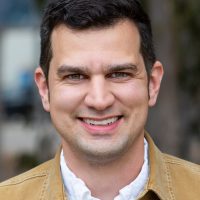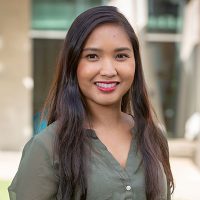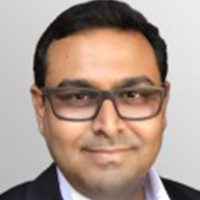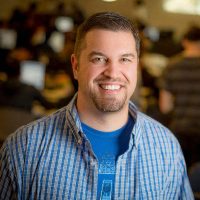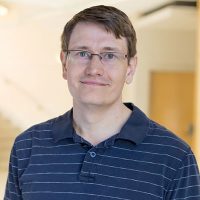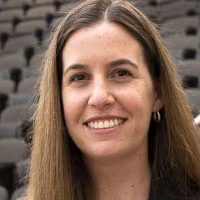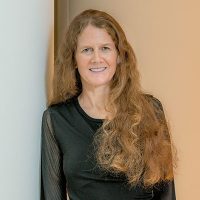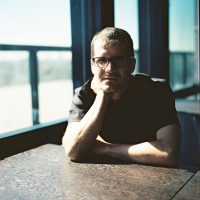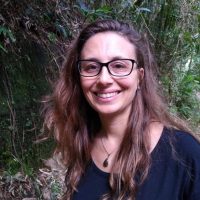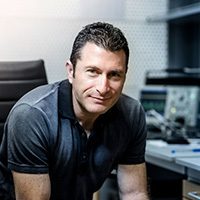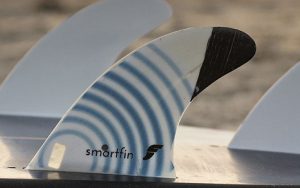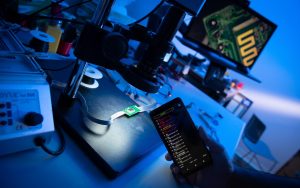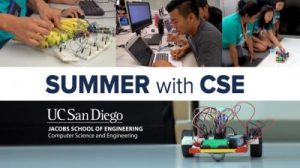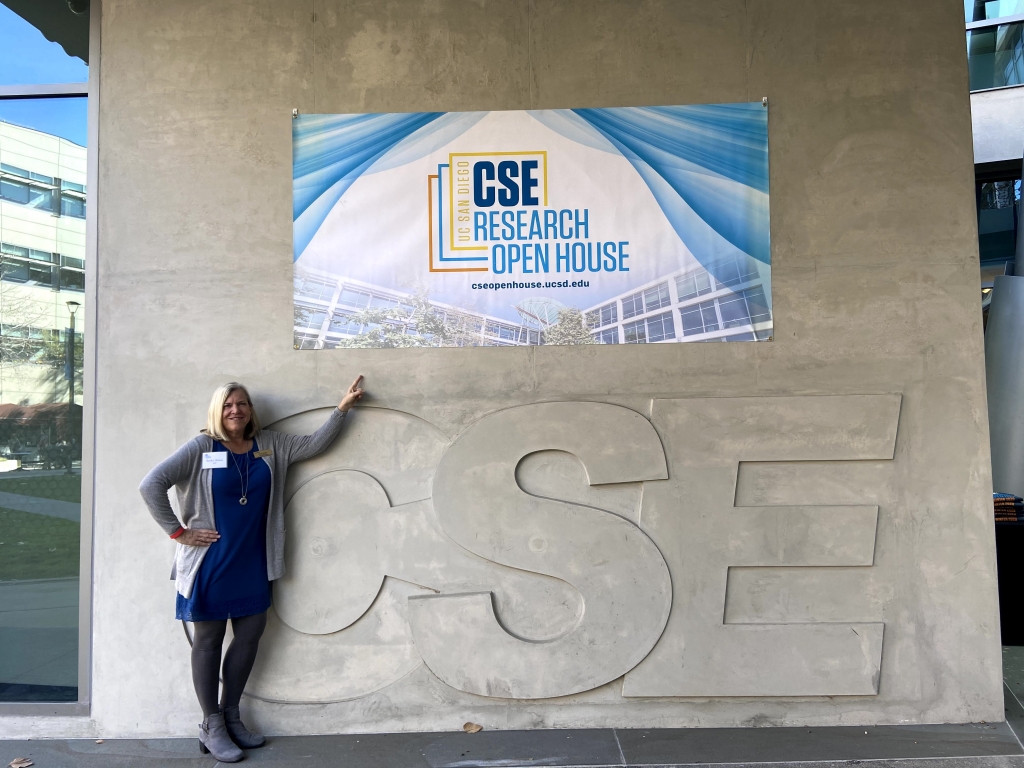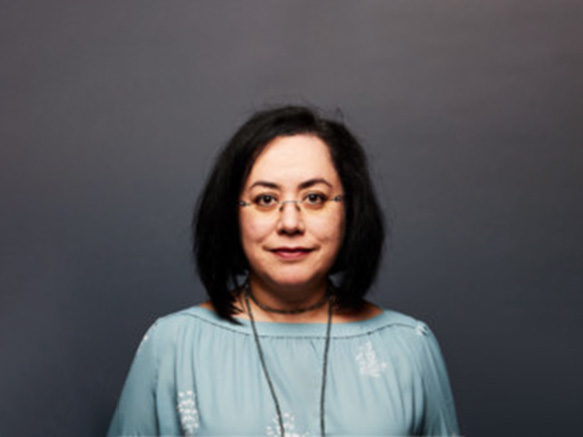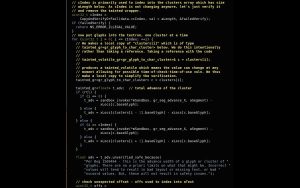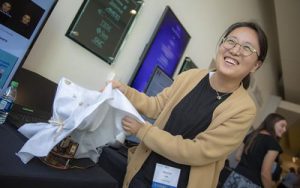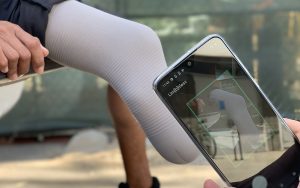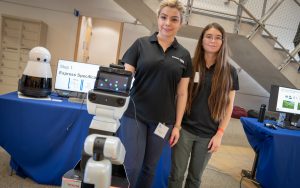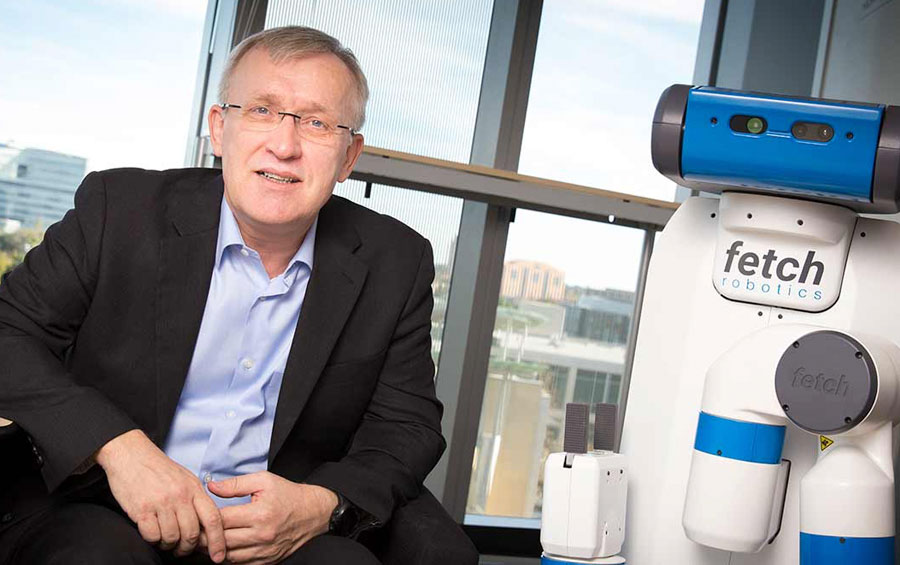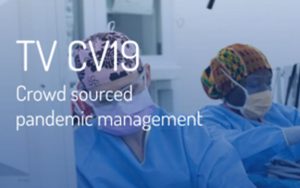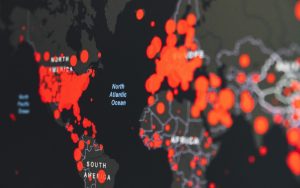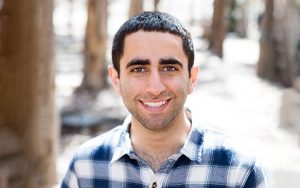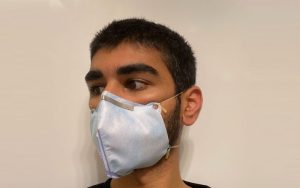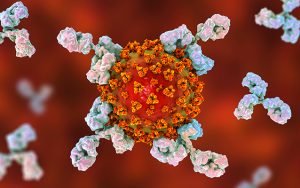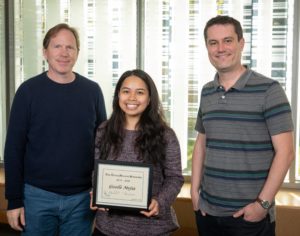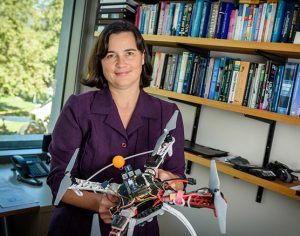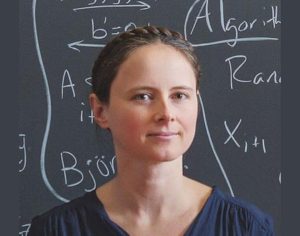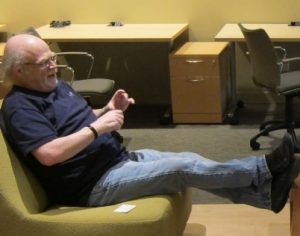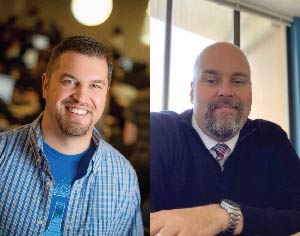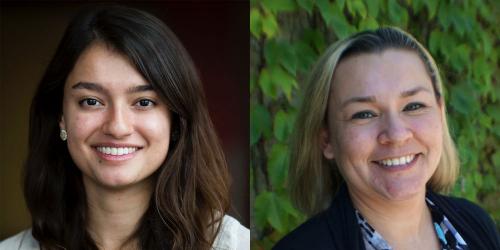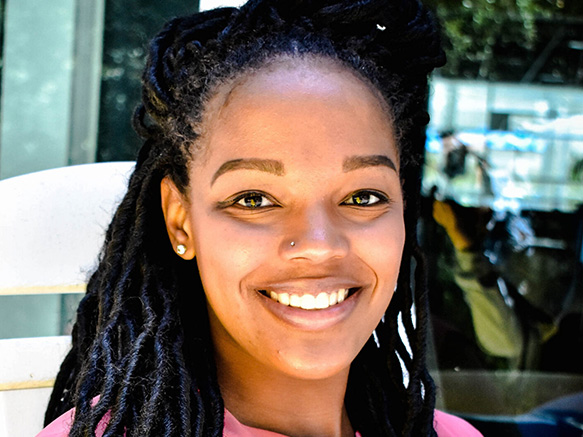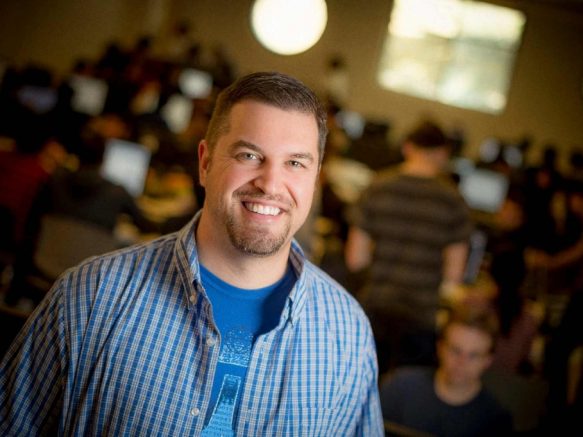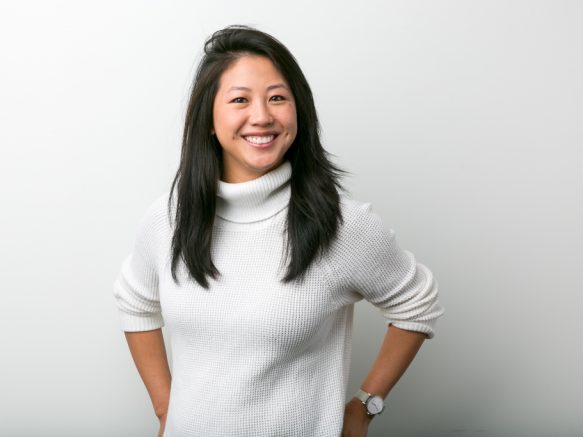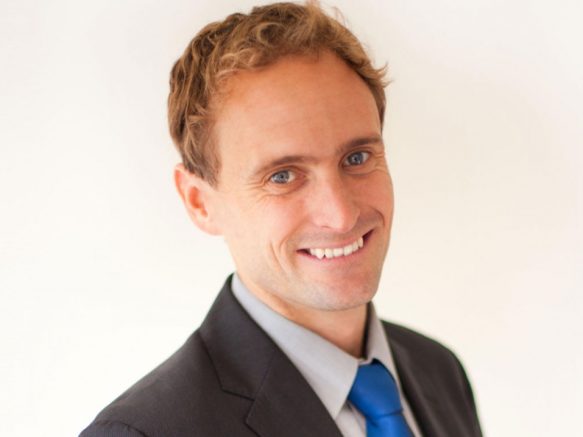CSE HONORS
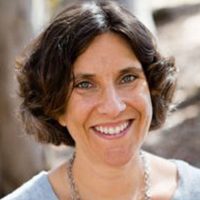
Christine Alvarado was named a 2018 ACM Distinguished Member for her “outstanding contributions to the field.” In April, she also received a Faculty Excellence Award from the chancellor. The award honored her for “innovative research, extraordinary teaching and making a difference in the community.”
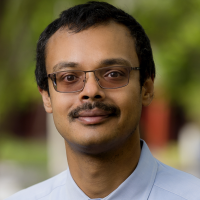
Ravi Ramamoorthi was inducted into the ACM SIGGRAPH Academy for his “groundbreaking theoretical work in mathematical representations of visual appearance and for translating these into computational methods with wide practical impact.”
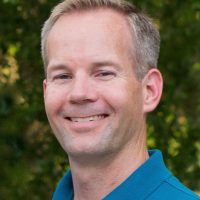
Alex Snoeren was named a 2018 ACM Fellow for his “innovative approaches to measuring, managing and detecting network traffic.” In addition, a paper by Snoeren and colleagues, Inferring Persistent Interdomain Congestion, was selected as best paper at the SGICOMM 2018 conference in Budapest.
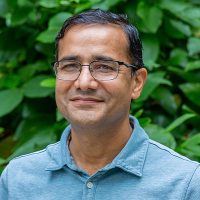
Vineet Bafna was honored as an International Society of Computational Biology (ISCB) Fellow, which “honor members that have distinguished themselves through outstanding contributions to the fields of computational biology and bioinformatics.”
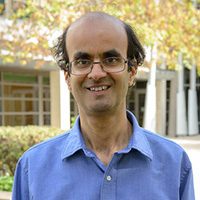
Mihir Bellare received the Levchin Prize at the Real World Crypto conference “for outstanding contributions to the design and analysis of real-world cryptosystems, including the development of the random oracle model, modes of operation, HMAC and models for key exchange.” Bellare was also named the S. Gill Williamson Endowed Chair in Computer Science. He is the first person to hold the chair.

Alin Deutsch, Victor Vianu and colleagues were honored with the International Conference on Database Theory’s Test of Time award for their 2009 paper: Automatic verification of data-centric business processes .
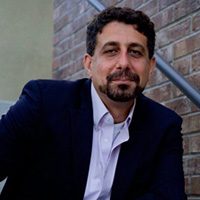
Hadi Esmaeilzadeh was named Halicioglu Endowed Chair in Computer Architecture. He is the first person to hold the chair. He also received the Young Computer Architect Award from IEEE Technical Committee on Computer Architecture.
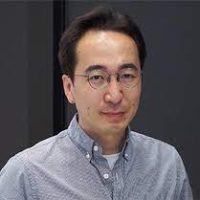
Sicun Gao was honored as an Air Force Office of Scientific Research AFOSR Young Investigator for his work in automated reasoning for high-assurance hybrid system control.

Rajesh Gupta and Pavel Pevzner were named AAAS Fellows.
Pevzner was also honored with the ACM Paris Kanellakis Theory and Practice Award for his pioneering contributions to the theory, design and implementation of genome assembly algorithms.
Gupta also received the 2019 IEEE Computer Society W. Wallace McDowell Award for his “seminal contributions in design and implementation of microelectronic systems-on-chip and cyberphysical systems.”
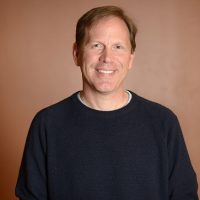
Stefan Savage received the IEEE Computer Society Technical Committee on Security and Privacy Distinguished Service Award for outstanding contributions as the inaugural chair of the IEEE Symposium on Security and Privacy Test of Time Award Committee.
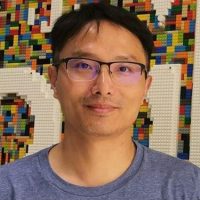
Zhuowen Tu was named an IEEE Fellow for his “contributions to computer vision, medical imaging and deep learning.”
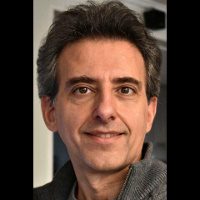
Daniele Micciancio was named an IACR Fellow in 2019 for his work on lattice-based cryptography, the complexity of lattice problems and his service to IACR.
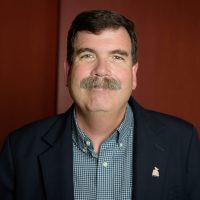
Dean Tullsen, CSE PhD student Mohammadkazem Taram and alumnus and assistant professor at the University of Virginia Ashish Venkat, had their paper Mobilizing the Micro-Ops: Exploiting Context Sensitive Decoding for Security and Energy Efficiency selected as an IEEE Micro Top Pick in Computer Architecture, which recognizes the top papers in the field published each year. Of the 123 papers nominated for this distinction, only 12 were selected.
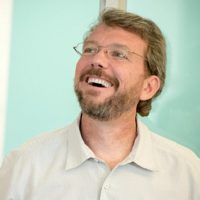
Geoff Voelker and alumnus Lonnie Liu won the USENIX Test of Time Award at NSDI “for their work on Sora: High Performance Software Radio using General Purpose Multicore Processors,” the first software-based Wi-Fi radio platform on PC.

Manmohan Chandraker and Julian McAuley both received NSF’s Faculty Early Career Development (CAREER) Award.
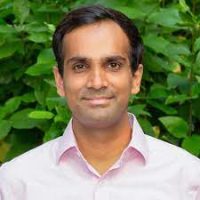
Arun Kumar was named a fellow in the UCSD Hellman Fellowship Program, which provides financial support and encouragement to young faculty in the core disciplines who show capacity for great distinction in their research and creative activities.
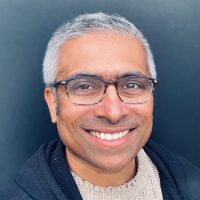
Ranjit Jhala received the Robin Milner Young Researcher Award given by ACM SIGPLAN to recognize outstanding contributions by young investigators in the area of programming languages.
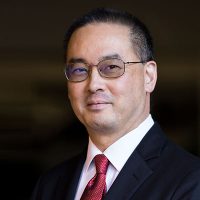
Andrew B. Kahng, a professor of computer science and electrical engineering, was awarded the 2019 Ho-Am Prize for Engineering, the highest award for engineering in Korea. Kahng was recognized for his significant contributions to advance the semiconductor industry by developing design automation software to create complex integrated-circuit systems in semiconductors.
The Ho-Am Foundation noted that Kahng “developed algorithms for integrated circuit (IC) physical design automation to maximize chip performance through optimal layout and connections of complex components on semiconductor chips. He shifted the paradigm of IC physical design by first proposing DFM (design for manufacturability) from the initial stage of IC design. He advanced the development of the semiconductor industry as his innovative IC physical design technologies have become the standard for major semiconductor research institutes and manufacturers around the world.”
copyright 2020 – Computer Science & Engineering – University of California San Diego


